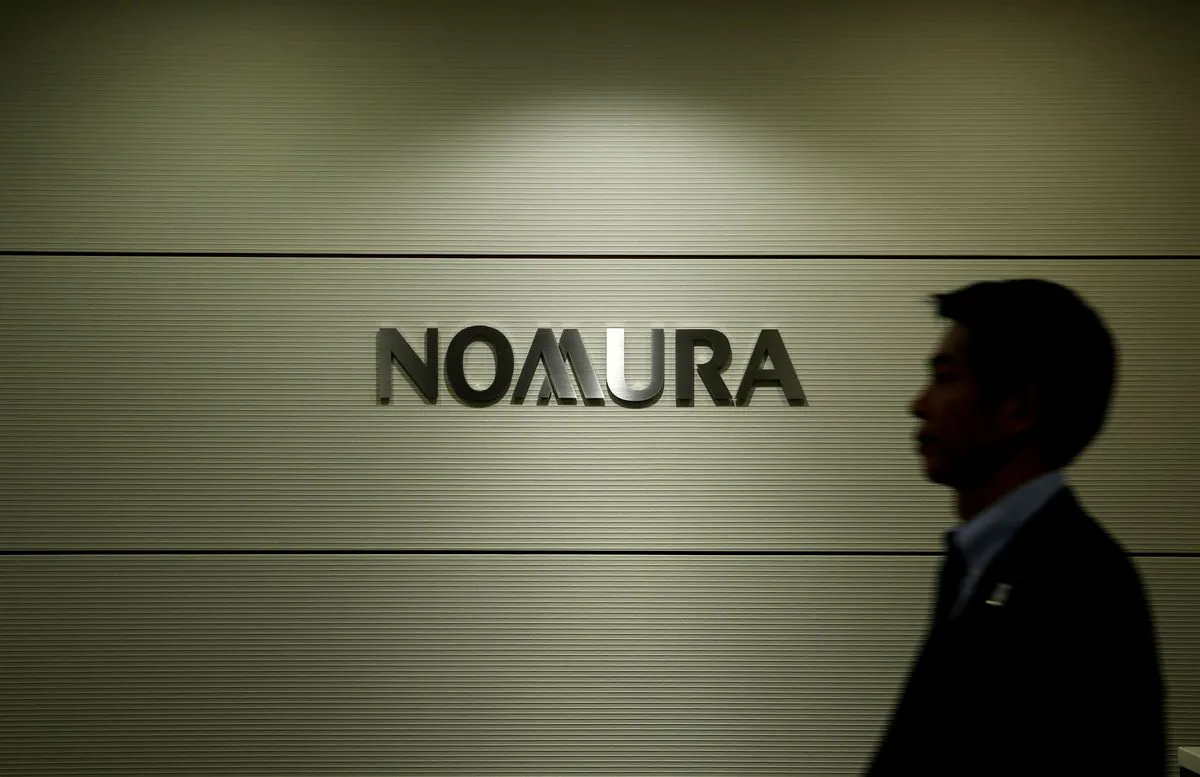Poll results may pose hurdles for Marcos reforms–Nomura

It can be more difficult for the Marcos administration to push for fiscal reforms after allies of Vice President Sara Duterte outperformed many administration-backed candidates during the recent midterm elections, according to Nomura, Japan’s largest investment bank and brokerage group.
“A strong win by the opposition in the midterms likely puts unpopular government reforms on the back burner for the remainder of [his] term,” Nomura said in a commentary, adding that it expects President Marcos to likely stay focused instead on infrastructure spending and other measures meant to mitigate supply-side inflation, or price increases in essential commodities caused by shortages.
In the final preelection survey conducted by the Social Weather Stations (SWS) from May 2 to 6, eight of the President’s bets made it to the Top 12.
However, with nearly 100 percent of votes counted, only five seats were won by candidates he backed, an outcome that, according to Nomura, was weaker than the results of the 2019 elections when progovernment Senate bets dominated.
Winning candidates
On the other hand, candidates endorsed by Duterte are set to win five out of the 12 Senate seats that were up for grabs.
They are reelectionist Senators Bong Go, Bato dela Rosa and Imee Marcos, the President’s sister, as well as Sagip party list Rep. Rodante Marcoleta and Rep. Camille Villar.
(Villar, although endorsed by Duterte, was still counted as part of the Marcos-backed Alyansa ticket as the campaign season ended. Only Imee Marcos officially left the lineup endorsed by her brother.)
Meanwhile, two candidates from the traditional liberal opposition—former Senators Bam Aquino and Kiko Pangilinan—made it to the Top 12 and actually outperformed preelection surveys.
“The midterms showed that Duterte is still popular, despite her conflict with President Marcos, and is a strong contender in the 2028 presidential election, implying she could gain more support in the Senate,” it noted.
“With the Senate holding an impeachment trial against Duterte, the likelihood of her acquittal may have risen significantly, in our view,” the bank said.
Tax measures at risk
Ahead of the May polls, Nomura had said that the Marcos administration has been struggling to enact much-needed fiscal reforms that would help cut the state’s projected budget deficit of P1.54 trillion for 2025.
It noted that the Department of Finance’s decision to withdraw its proposal to increase capital gains tax, donor’s tax and estate tax highlighted the challenges that the government is facing in hitting its fiscal consolidation targets.
“On policy implications, it could become more difficult for the Marcos government to push unpopular fiscal reforms, as we have started to see,” Nomura said.
It pointed out that the withdrawal of the tax measure, which would have generated P300 billion in much-needed revenues through 2030, would have an impact on the state’s medium-term fiscal targets.
What was known as the GROWTH bill, or government revenues optimization through wealth tax harmonization, became a target of criticism online before the elections.
Latest data showed the state’s fiscal shortfall had widened by 91.78 percent year-on-year to P375.7 billion in March.
This was the biggest budget hole in 15 months after revenues contracted while spending posted a strong growth.
Slower growth
The Japanese investment bank had warned last December that political instability from the ongoing feud between the President and the Vice President could pose a major economic risk, especially if it results in poor outcomes in the 2025 midterm elections and disrupts policy continuity.
It noted that the Marcos-Duterte conflict was one of several risks to the economy, alongside weaker global growth, rising tensions in the West Philippine Sea, and surging oil and food prices.
“Domestically, a weak result during the midterm elections for the administration and its allies could reignite political risks, as well as a continued intensification of the conflict between President Marcos and Vice President Duterte,” Nomura said.
Last month, Nomura already cut its 2025 growth forecast for the Philippine economy to 5.9 percent from 6 percent previously, citing headwinds from global trade tensions and higher US tariffs.
However, it noted that the impact of higher tariffs would be more modest compared to its neighbors and that the economy would be supported by strong domestic demand and proactive policy measures.
On the positive side, Nomura expected a brighter inflation outlook and said average inflation would ease to 2.2 percent in 2025 from its previous forecast of 2.7 percent.

















